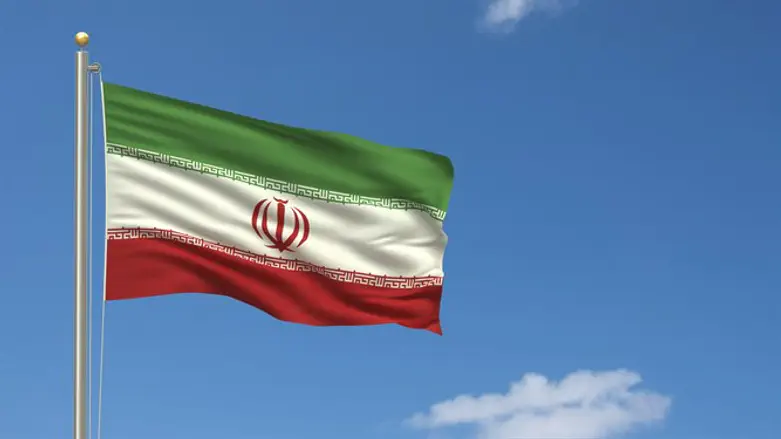
The Obama administration may have secretly agreed to waive restrictions placed on the Iranian regime’s nuclear program as part of the landmark 2015 deal.
According to a soon-to-be-published report by the Institute for Science and International Security, the US and fellow negotiating partners secretly agreed to permit the Islamic regime to ignore some restrictions on its nuclear program, thereby paving the way for the removal of economic sanctions against the rogue state.
The report, which was reviewed by Reuters, was co-authored by the institute’s president, David Albright, cites government officials who participated in the negotiation process prior to the signing of the deal last July.
Albright, himself a former United Nation’s weapons inspector, told Reuters the US and its allies had colluded to create “loopholes” for the Iranian regime.
"The exemptions or loopholes are happening in secret, and it appears that they favor Iran," he said.
The decision was made by an oversight committee charged with implementation of the Iran deal. The committee, like the negotiations themselves, includes representatives from the five permanent United Nations Security Council powers – France, Russia, China, UK, and US – plus Germany (which have collectively been dubbed the “P5+1”), and Iran.
The committee, according to Albright, has secretly permitted Iran to maintain greater quantities of low-enriched uranium than allowed under the terms of the deal.
Had the US and its partners not exempted Iran, one senior official quoted in the report said, Iran would have missed the January 16th deadline to comply with the agreement and thus require the P5+1 partners to keep sanctions against Iran in place.
The report also claims that the P5+1 powers secretly permitted Iran to maintain 19 radiation containment chambers, or “hot cells”, which violated the terms of the nuclear deal. In addition, Iran was not required to sell off its excess heavy water, despite the agreement’s clause obliging the Islamic regime to reduce its stores below 130 tons.
Instead, the US and its partners allowed Iran to store the excess material abroad, even though Iran maintains ownership and control on the heavy water.
